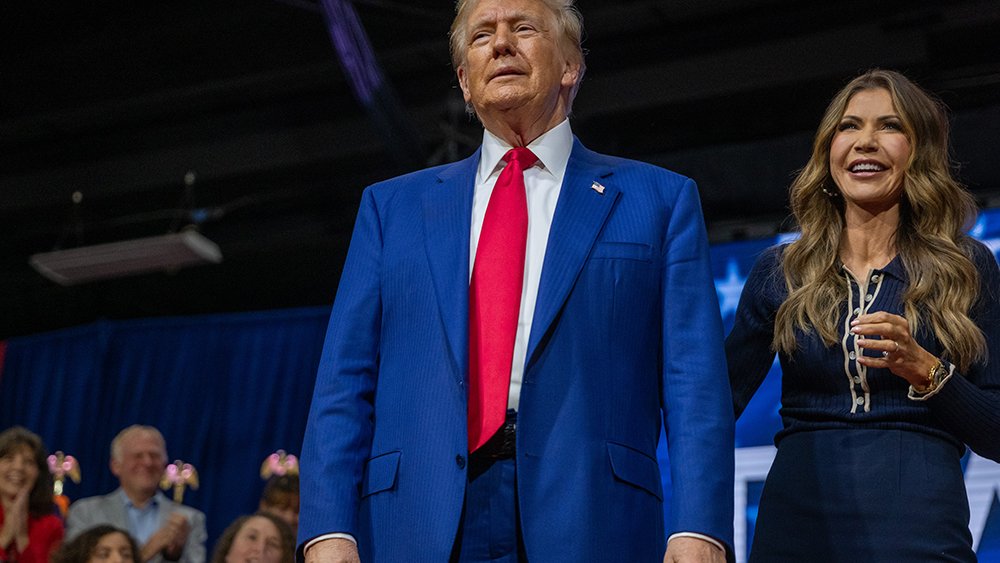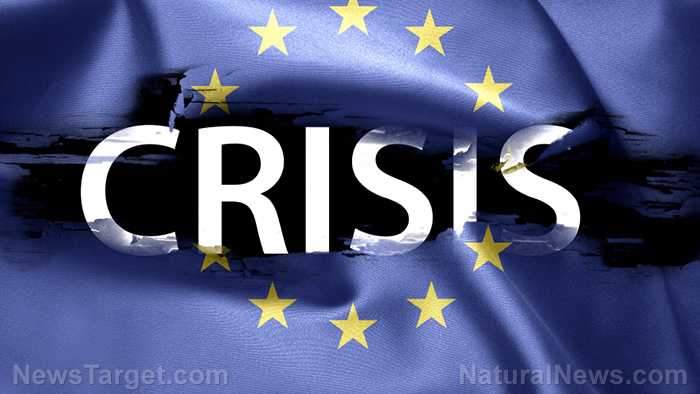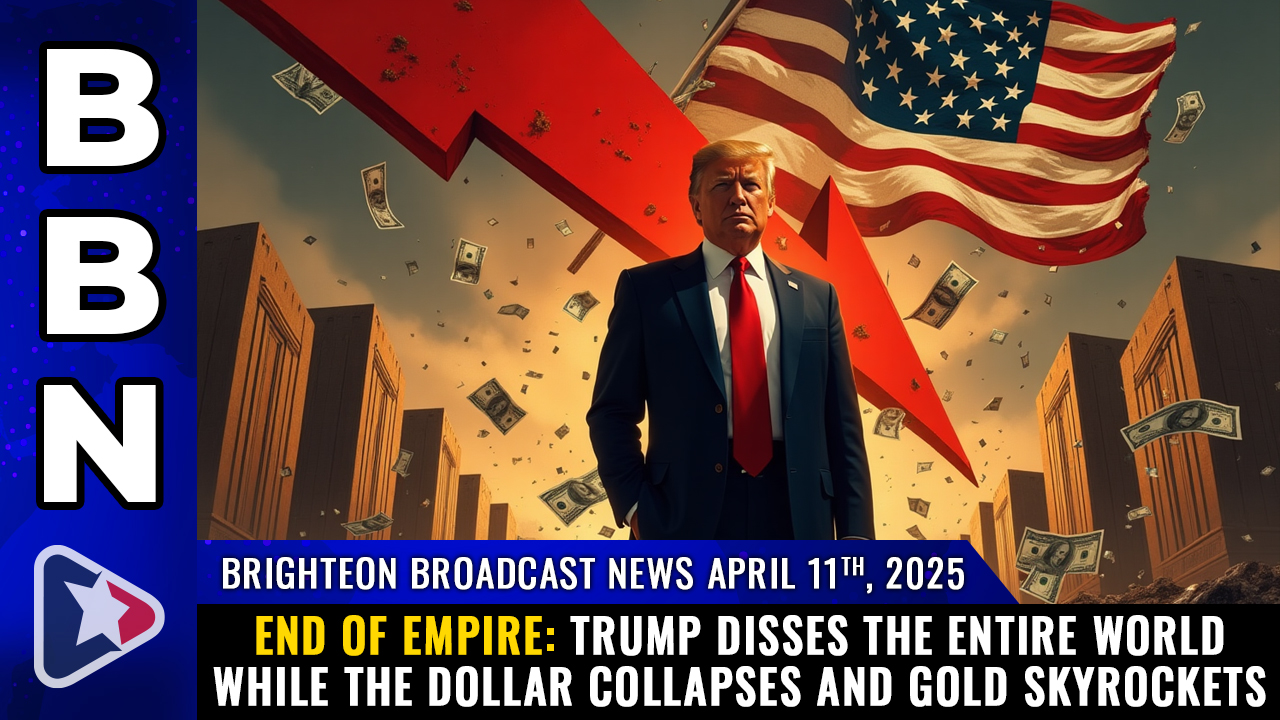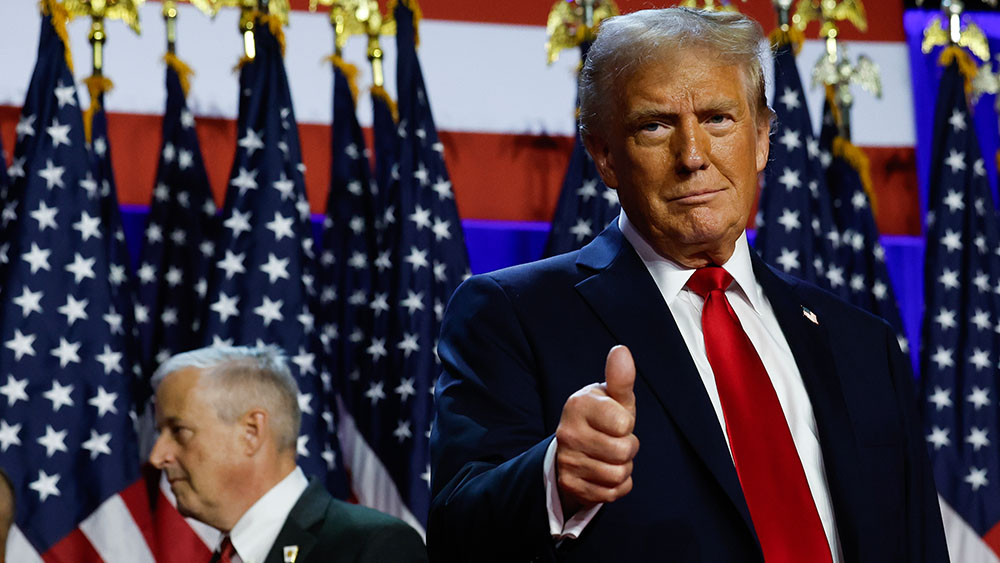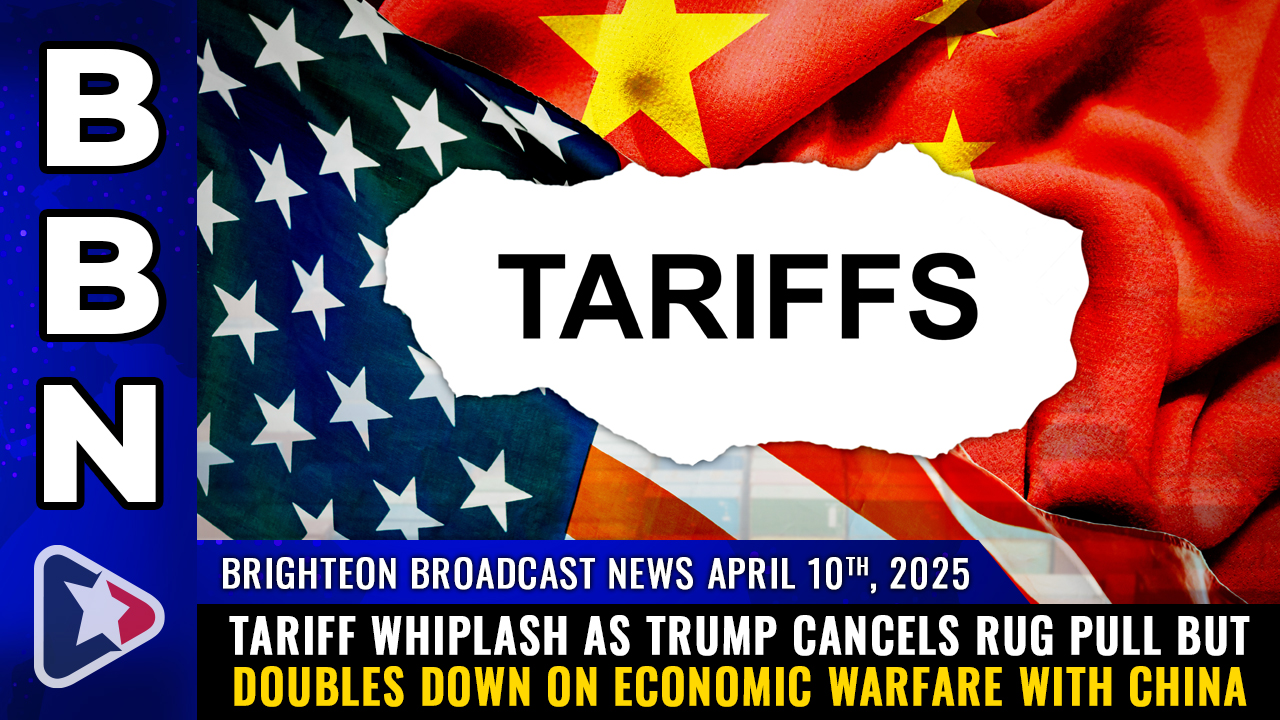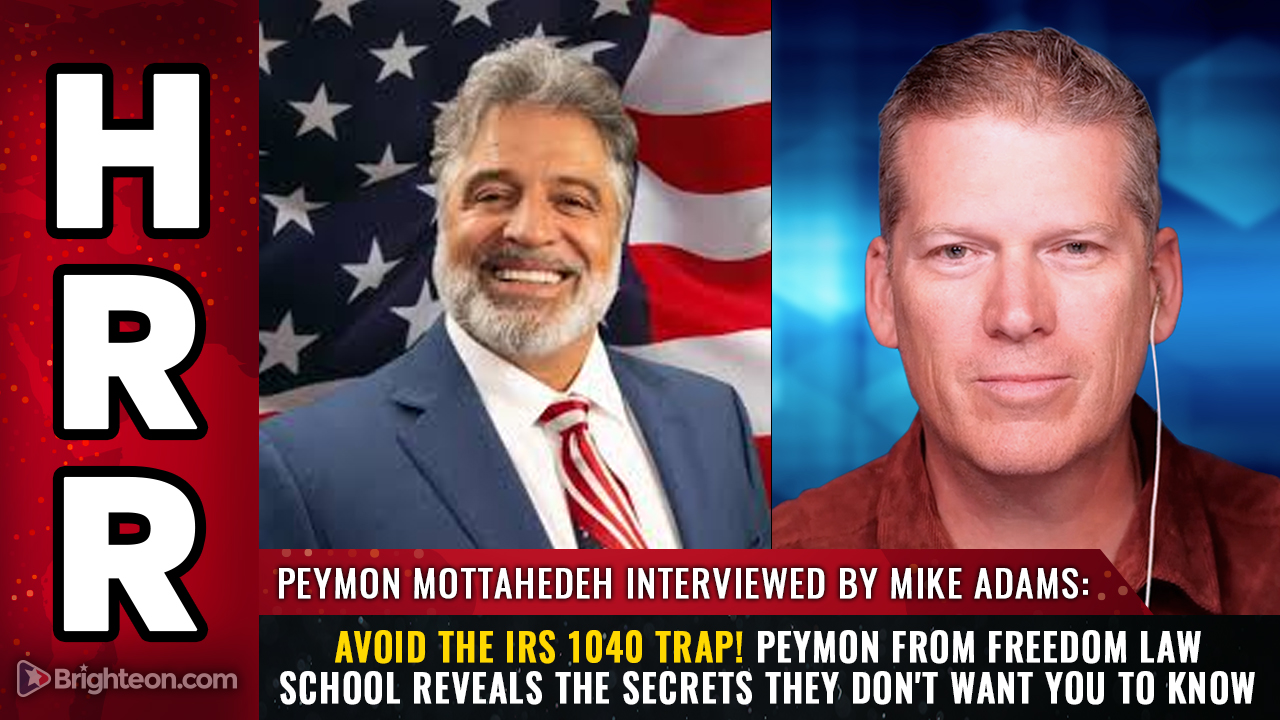EU offers “zero-for-zero” tariffs to Trump, threatens retaliation
04/09/2025 / By Willow Tohi
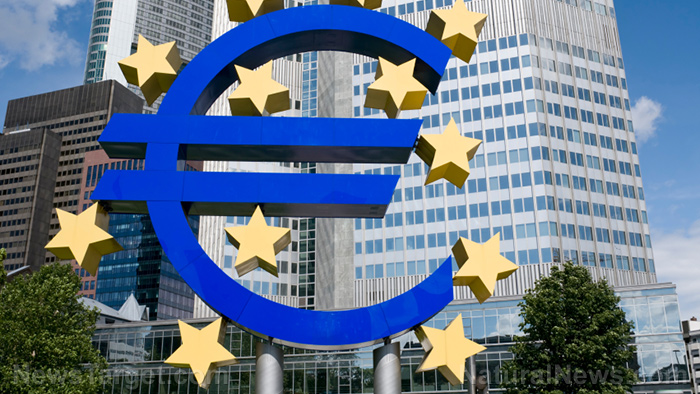
- European Commission President Ursula von der Leyen offers to eliminate all industrial tariffs for the U.S. to de-escalate trade tensions ahead of an April 9 deadline. The proposal covers cars, pharmaceuticals, machinery and more, aiming to counter the U.S. threat of 20-25% tariffs on EU goods.
- The Trump administration plans 20% across-the-board tariffs on EU imports (25% on steel, aluminum and autos), risking economic disruption. The EU dismisses U.S. justifications as unfounded and pledges swift retaliatory tariffs on $28.5B of U.S. goods if no deal is reached.
- Fearing flooded markets due to U.S. tariffs on Asian countries, the EU establishes an “Import Surveillance Task Force” to track trade flow shifts. China faces 54% tariffs, while other Asian nations like Vietnam and India see sharp increases.
- Some member states (e.g., France, Ireland) seek exemptions for certain U.S. goods (e.g., bourbon), while Germany opposes weakening a unified response. Italy proposes delaying EU counter-tariffs, but the Commission insists on enforcing them by April 15.
- The EU’s offer mirrors past successful deals (e.g., CETA with Canada) but underscores urgency to avoid a trade war. Von der Leyen signals readiness for negotiations or retaliation, with outcomes set to impact supply chains and economic relations worldwide.
European Commission President Ursula von der Leyen has extended a “zero-for-zero” tariff deal to the United States, aiming to de-escalate trade tensions before a critical April 9 deadline. The offer, which would eliminate tariffs on all industrial goods, comes as the Trump administration prepares to impose a 20% tariff on EU imports, affecting over €380 billion ($416.9 billion) in products. The EU has also threatened swift retaliation if no agreement is reached.
A strategic offer amid rising tensions
Von der Leyen announced the deal on Monday, emphasizing the EU’s readiness to negotiate and its willingness to defend its economic interests. “We stand ready to negotiate with the US. Indeed, we have offered zero-for-zero tariffs for industrial goods as we have successfully done with many other trading partners,” she stated. “Because Europe is always ready for a good deal.”
The offer includes the elimination of tariffs on a wide range of industrial goods, including cars, pharmaceuticals, rubber and machinery. This proposal builds on previous EU offers to remove automotive tariffs, which were met with little response from Washington. The expanded deal was put forward as trade talks intensified, according to a Commission spokesperson.
Trump’s tariff plan and EU concerns
President Donald Trump’s recent announcement of a 20% universal tariff on EU imports, with a 25% rate on steel, aluminum and automobiles, has sparked significant concern. The tariffs, set to take effect on April 9, are expected to have “immense costs” for U.S. businesses and consumers, according to von der Leyen. The EU Commission has dismissed the U.S. justification for the tariffs as “neither credible nor justified.”
The EU’s concerns extend beyond its own economy. The Commission fears that harsh U.S. tariffs on Asian countries could lead to trade diversion, with excess supply redirected into the European market. Countries such as Malaysia, India, Indonesia, Thailand, Vietnam, Laos and Cambodia have been hit with sharply higher rates, while China now faces a 54% total tariff. To address this, von der Leyen announced the formation of a new “Import Surveillance Task Force” to monitor and respond to sudden shifts in trade flows.
Historical context and global implications
The EU’s offer reflects a broader trend in global trade negotiations, where tariff reductions and free trade agreements have been used to foster economic cooperation. However, the current tensions between the EU and the U.S. mark a significant departure from this trend. The Trump administration’s approach to trade, characterized by unilateral actions and high tariffs, has strained relationships with key allies and disrupted global supply chains.
The EU’s “zero-for-zero” proposal is reminiscent of past trade deals, such as the Comprehensive Economic and Trade Agreement (CETA) with Canada, which eliminated tariffs on 98% of goods. However, the scale and scope of the current offer highlight the urgency of the situation and the EU’s desire to avoid a trade war.
Preparations for defensive action
Despite the EU’s preference for a negotiated solution, von der Leyen made it clear that the bloc is prepared to take countermeasures if necessary. “We are also prepared to respond through countermeasures and defend our interests,” she said, pointing to the EU’s anti-coercion instrument, which was created in 2023 but has not yet been activated.
The EU has already outlined a list of potential retaliatory tariffs, targeting up to €26 billion ($28.5 billion) worth of U.S. goods, including emblematic products like Harley-Davidson motorcycles, orange juice and jeans. The first round of counter-tariffs is set to take effect on April 15, pending a vote by EU member states on Wednesday.
Divergent views within the EU
While the EU Commission remains united in its stance, there are differing views among member states on how to handle the expanding trade war. France and Ireland have lobbied for bourbon whiskey to be exempted from the retaliation list, citing the potential economic impact. Germany’s economy minister, Robert Habeck, has warned against handing out exemptions, emphasizing the need for a strong and unified EU response.
Italy’s deputy prime minister, Antonio Tajani, suggested postponing the enforcement of counter-tariffs until April 30 to allow more time for dialogue. However, the EU trade commissioner, Maros Sefcovic, ruled out any delay, citing EU procedures.
Conclusion
The EU’s “zero-for-zero” tariff offer represents a significant attempt to de-escalate trade tensions with the United States. While the offer remains on the table, the EU is prepared to take defensive action if necessary. The coming days will be crucial as both sides navigate the complex and high-stakes negotiations. The outcome of these talks will have far-reaching implications for global trade and economic stability.
Sources include:
Submit a correction >>
Tagged Under:
big government, economy, EU, Globalism, national security, resist, rigged, tariffs, trade war, Trump, Ursula von der Leyen
This article may contain statements that reflect the opinion of the author
RECENT NEWS & ARTICLES
COPYRIGHT © 2017 RISK NEWS

